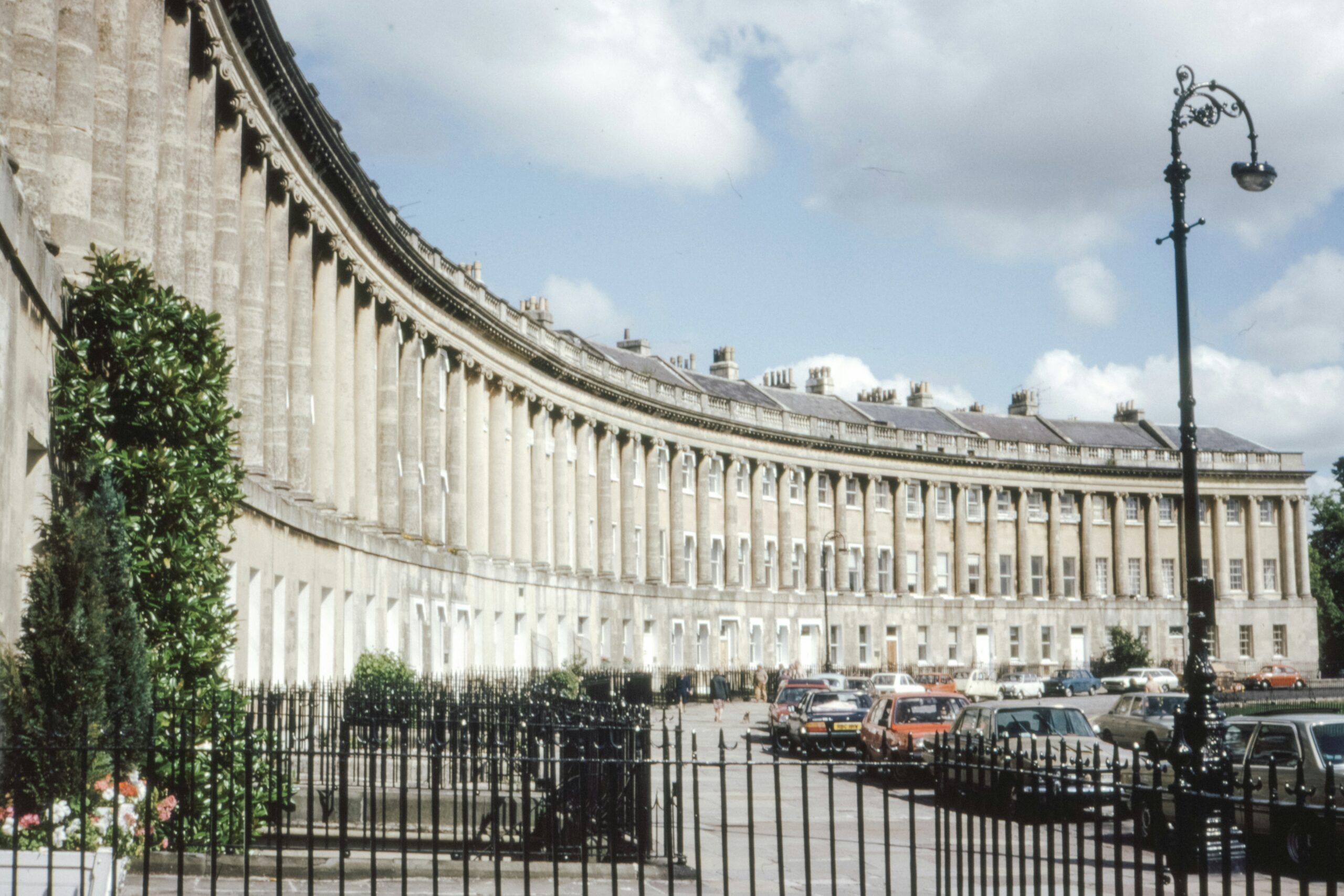
Bath, a city steeped in history and renowned for its Georgian architecture, has long been a source of inspiration for interior designers seeking timeless elegance and classical charm. The graceful symmetry, distinctive features, and grandeur of Georgian architecture in Bath serve as a muse for creating interior spaces that exude sophistication and refinement. In this blog post, we will delve into the captivating world of Georgian architecture and explore how its unique characteristics inspire interior design in Bath for residential homes.
Understanding Georgian Architecture
Georgian architecture, prevalent in the 18th and early 19th centuries, is characterised by its symmetrical facades, classical proportions, and use of high-quality materials. In Bath, the cityscape is dominated by iconic Georgian structures, including the Royal Crescent and the Circus, showcasing the elegance and timelessness of this architectural style.
Symmetry and Proportion
One of the key elements of Georgian architecture is its emphasis on symmetry and proportion. This principle is seamlessly translated into interior design, where balanced layouts and well-proportioned furnishings create a sense of harmony. In residential homes, designers often incorporate symmetrical arrangements of furniture, mirrors, and artwork to mimic the balanced façades of Georgian buildings, resulting in spaces that feel both organized and aesthetically pleasing.
Classical Moulding and Detailing
Georgian architecture is renowned for its intricate moulding and detailing, such as cornices, crown moulding, and dado rails. These elements add a sense of grandeur to the exterior of buildings, and interior designers draw inspiration from them to infuse classic elegance into residential spaces. Crown moulding, for instance, is a popular choice to add sophistication to ceilings, while dado rails can be used to divide walls and introduce a sense of proportion.
Sash Windows and Natural Light
The prevalence of sash windows in Georgian architecture not only enhances the exterior aesthetics but also plays a crucial role in interior design. Sash windows allow an abundance of natural light to flood the rooms, creating bright and airy spaces. In residential interiors, designers often incorporate large windows, light-coloured curtains, and strategically placed mirrors to maximise natural light and emulate the open, airy feel characteristic of Georgian homes.
Neoclassical Colour Palettes
Georgian architecture in Bath often features a neoclassical colour palette, with soft hues like pale blues, sage greens, and delicate creams. Interior designers take inspiration from these colours to create elegant and timeless residential spaces. Soft, muted tones on walls, upholstery, and accessories contribute to a sense of tranquility, allowing homeowners to enjoy a serene and sophisticated atmosphere reminiscent of Bath’s Georgian charm.
Georgian Furniture Influences
The furniture of the Georgian era is known for its graceful lines, refined details, and craftsmanship. Interior designers incorporate Georgian-inspired furniture pieces to evoke a sense of history and luxury within residential interiors. From Chippendale chairs to claw-footed tables, these timeless pieces seamlessly integrate with modern furnishings, creating a blend of old-world charm and contemporary comfort.
Incorporating Georgian Elements in Timeless Bathrooms and Kitchens
While Georgian architecture may be associated with a bygone era, its influence extends seamlessly into modern spaces like bathrooms and kitchens. In Bath, where the legacy of Georgian design is omnipresent, Bath interior designers often integrate classic elements such as pedestal sinks, clawfoot tubs, and ornate cabinetry to infuse these functional spaces with a touch of historical elegance.
Georgian architecture in Bath serves as a captivating muse for residential interior design, inspiring spaces that are both timeless and sophisticated. From the emphasis on symmetry and proportion to the use of classical moulding and detailing, the influence of Georgian design is evident in every aspect of residential interiors. By embracing the elegance of this architectural style, homeowners can create spaces that not only pay homage to Bath’s rich history but also stand the test of time in terms of style and sophistication.
